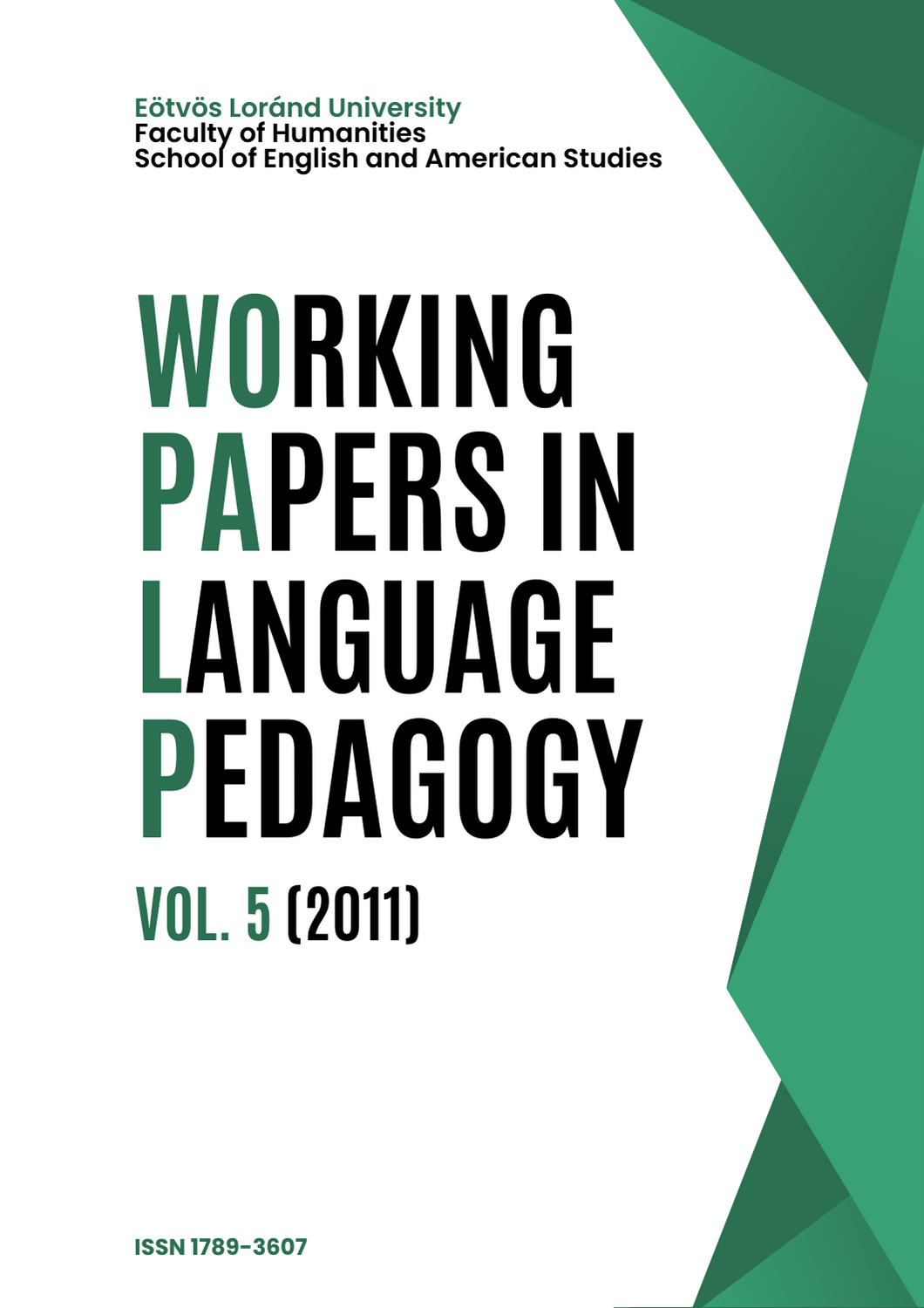Language Learner Errors and Dyslexia: A Tale of Unlikely Parallels
DOI:
https://doi.org/10.61425/wplp.2011.05.1.15Keywords:
dyslexia, foreign language learning, errors, inclusive education, special needs educationAbstract
Special needs education is usually considered to be a supplement to mainstream education; however, with inclusive education becoming increasingly widespread in schools, these two concepts need to become more mutually inclusive. The question is: how is this possible, especially since special needs education is widely regarded as a field for specialists and not for mainstream teachers. This study sets out to prove that viewing mainstream and special needs education as compatible is possible since mainstream education contains approaches and methodologies that are applicable to special needs education. To illustrate this point, language learning and learner errors, issues related to mainstream education, will be compared to dyslexia, an issue related to special needs education. The comparison is motivated by the author’s observation that both dyslexia and language learner errors were first seen as deficiencies but later accepted and redefined as differences. To see how these two attitudes relate to education, two educational approaches are identified, the performance-oriented and the diversity-oriented approaches, which embody the ‘deficiency’ and the ‘difference’ views respectively. After describing the social-educational background of these two approaches, their concept of the learner, the learning process and the teacher’s role are contrasted arguing that the transition from one approach to the other results in similar attitude shifts concerning dyslexia and language learner errors.




